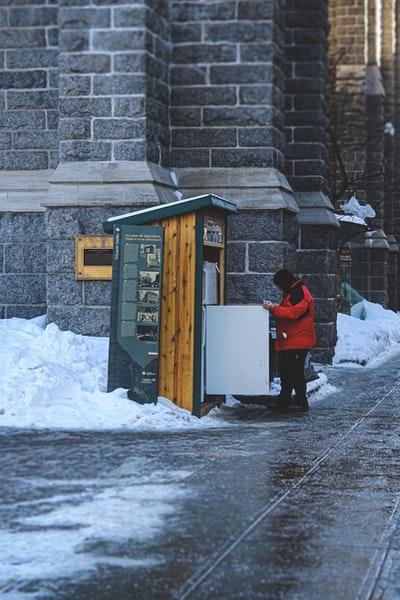Occupation of the Ruhr

And they weren’t wrong. The first four years of the Weimar Republic were an economic disaster.
1923: The Government didn’t have enough money to make a repayment to the Allies. The French Government, still very much believing that Germany needed to be punished as severely as possible, responded by sending troops to occupy the Ruhr, one of Germany’s prime industrial zones, in compensation. Workers in the Ruhr were outraged by what they saw as a French invasion, and responded by calling a general strike.
Hyperinflation

The problem was that this just caused goods to become more expensive. A good that cost 1 mark in 1914 cost 2.6 in January 1919. But by January 1920 the same good cost nearly 13 marks, and by 1922 it cost 37 marks. That’s a lot of inflation. But the general strike pushed things over the edge, as not only was money just being printed, but nothing was being produced either. By the end of 1923, our good that cost 1 mark back in 1914 now cost 726,000,000,000 marks!
Hyperinflation: inflation at a level where money is basically worthless. And without a proper type of money, people can’t buy things like food. And when people can’t buy things, things go a bit crazy. During the months of hyperinflation and the occupation of the Ruhr, the Weimar Government had to deal with various nationalist, fascist and communist attempts to take power by force, including an attempted putsch led by Hitler in Munich, which we will talk about a bit later.
But the key thing that you need to know for now is that, through a combination of it having armed enemies and the dramatic effects of hyperinflation and the occupation of the Ruhr, by 1923 the Weimar Republic appeared to be on the brink of collapse.